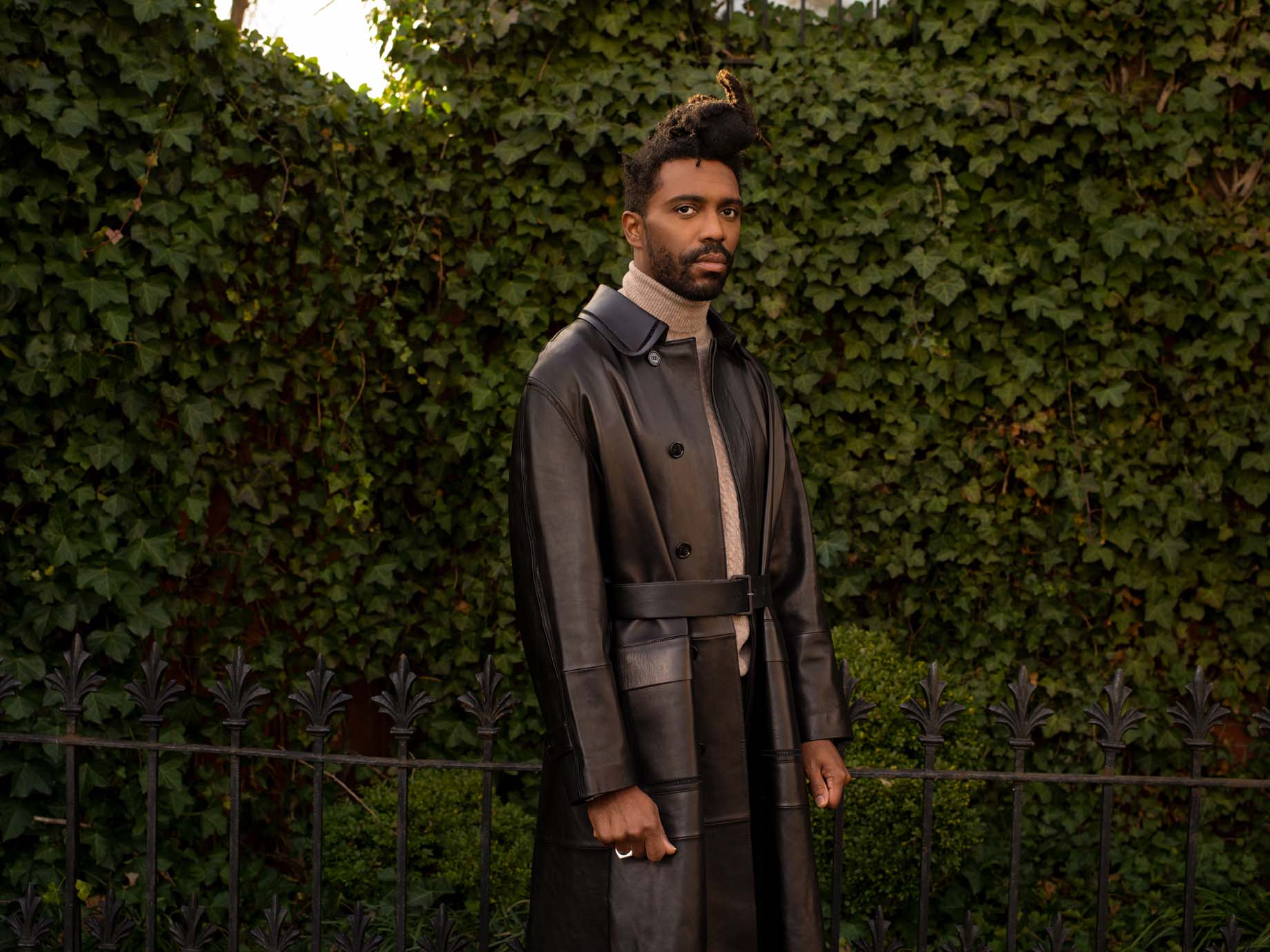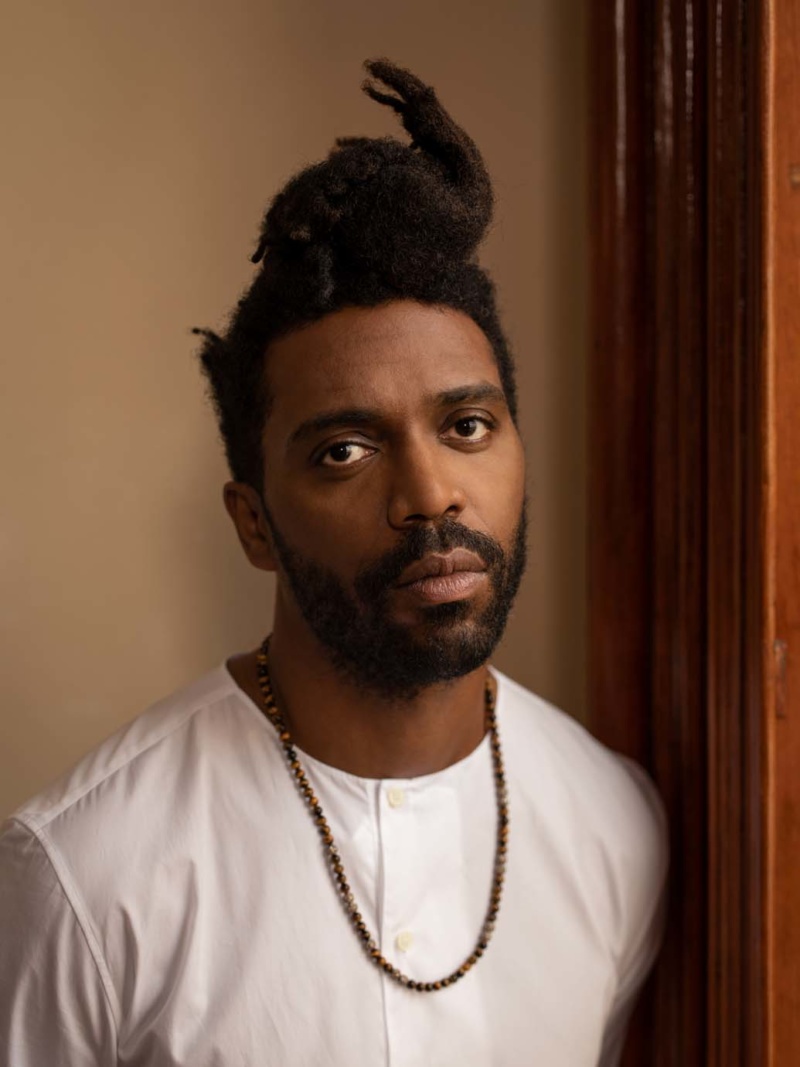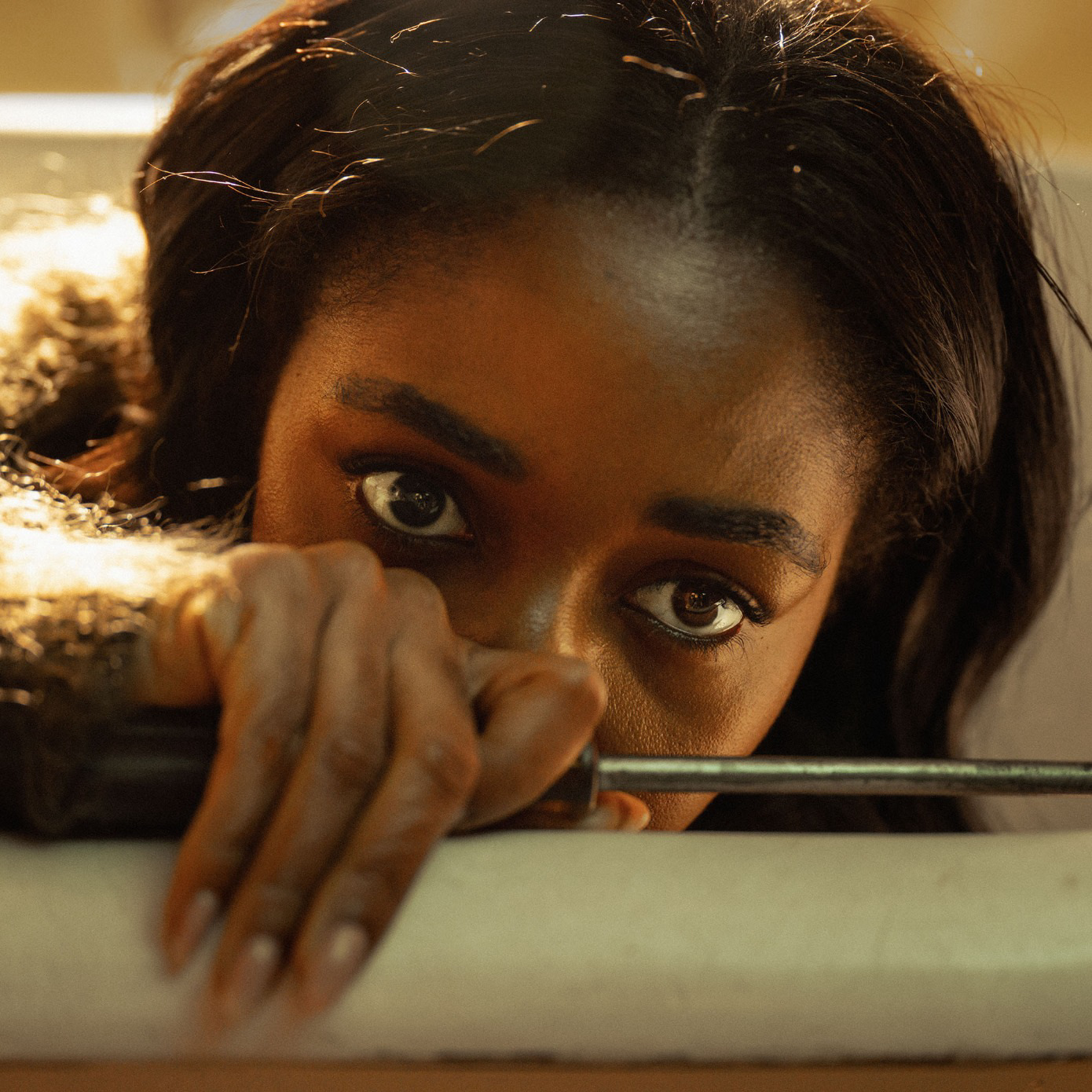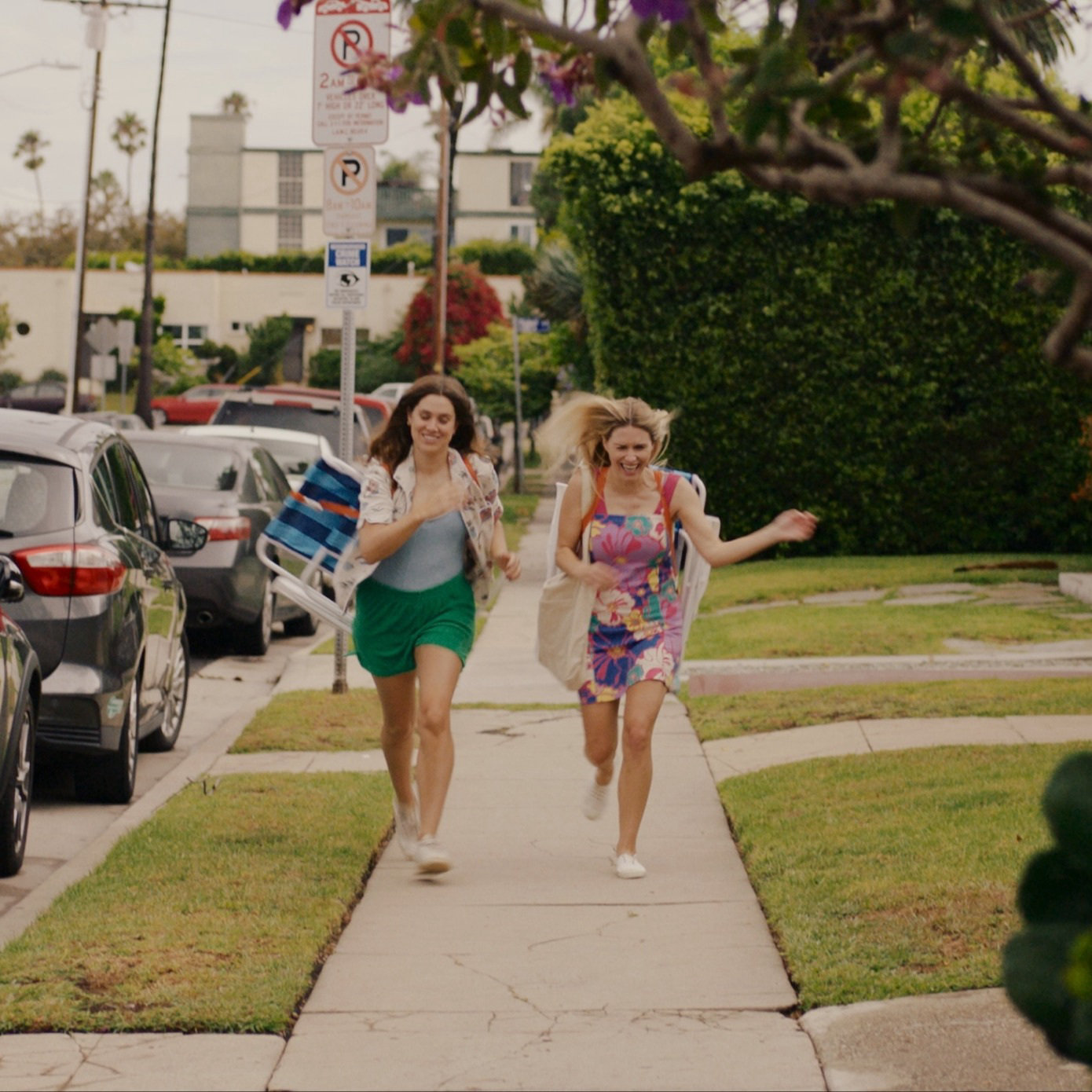
More than 50 years after the state-sanctioned murder of Fred Hampton, the story of the slain Black Panther is brought to life, with Shaka King in the director’s chair. In Judas and the Black Messiah, released this month, King takes the audience on a gut-wrenching ride through 126 riveting minutes—death, deceit, love and loss permeate this thrilling crime drama. To preserve the accuracy of the story, however, King chose to involve Hampton’s closest living relatives. “Working with the family was key,” King reveals, in order to give the work an authenticity only firsthand experience could bestow. Although set in the 1960s, the film reflects the inequities African Americans still face today, making it as vital as ever to understand the legacy of Hampton and the Panthers that King has set out to record.
Much has been said about the Black Panther Party, yet decades later a cloud of misinformation persists. In 1969, J. Edgar Hoover declared, “The Black Panther Party, without question, represents the greatest threat to internal security of the country.” Today the Panthers are still commonly depicted as violent communists. But what about the soup kitchens and medical clinics? The Panthers created free breakfast programs for schoolchildren and engaged in community outreach in poor neighborhoods across America, in some places continuing to offer these vital services until the party officially dissolved in 1982.
In choosing the actors, King admits, “I was writing for Daniel [Kaluuya] and LaKeith [Stanfield] specifically.” The former Get Out costars shine brilliantly, and whispers of Oscar nominations are circling. In Kaluuya the spirit of Fred Hampton oozes throughout the film. During one of the most powerful scenes—and the one King is proudest of—Kaluuya bellows in a packed room, “I am a revolutionary!” And the crowd goes wild. It’s his first speech after being released from prison on an appeal bond, having been convicted several months earlier of stealing 70 dollars’ worth of ice cream—yes, ice cream—and sentenced to two-to-five years behind bars.
"What drew me to the project almost instantly was the opportunity to put the Panthers’ politics on display. Correct the record." —Shaka King
Stanfield plays car-thief-turned-FBI-informant Bill O’Neal, who infiltrated the Chicago chapter of the Black Panther Party and worked his way up to head of security. He was instrumental in pulling off the raid that ended in Hampton’s murder, though in the film he wrestles with his conscience, at times unsure whether he can go through with the orders to drug Hampton. King recalls the magic on set when Stanfield became O’Neal. “The morning of the scene when he has to poison Fred, I’m watching LaKeith throwing up in his trailer. In the moment it was terrible, but it was also exhilarating for him. I knew that as an actor, he was having the time of his life. It’s real for him. He’s really Bill O’Neal in that moment, which as a director is always what you want.”
Pivotal circumstances from childhood drove King into filmmaking. For years he struggled in school, and it wasn’t until he excelled in a writing class, expressing himself uninhibitedly, that his confidence grew. His parents were also important influences. Both worked in education, and his mother, Judy Shepherd-King, was also a playwright. Her play Endangered Species, addressing the “violence [of] young Black men shooting [and] killing each other,” ran in New York for several years in the nineties.

Judas and the Black Messiah marks something of a departure for King. How and why did the director of Newlyweeds, an eccentric indie dramedy about love and weed, come to a story as emotionally raw as this? “What drew me to the project almost instantly was the opportunity to put the Panthers’ politics on display. They had a very holistic approach to a lot of the problems that ill us in Western society, and so much misinformation has been put forth about them, so there’s this opportunity to correct the record,” King shares. But don’t expect him to make another film like this anytime soon—or ever. “I loved the experience of making the movie, but I never, ever want to do the same thing again. I want to always try something new. To me the only reason to make anything is because, as far as I know, it doesn’t exist.”
In King’s powerful film, the pill of O’Neal’s betrayal is hard to swallow, the charisma of Hampton leaps off the screen and the memory of the Black Panthers lives on long after the credits finish rolling.




